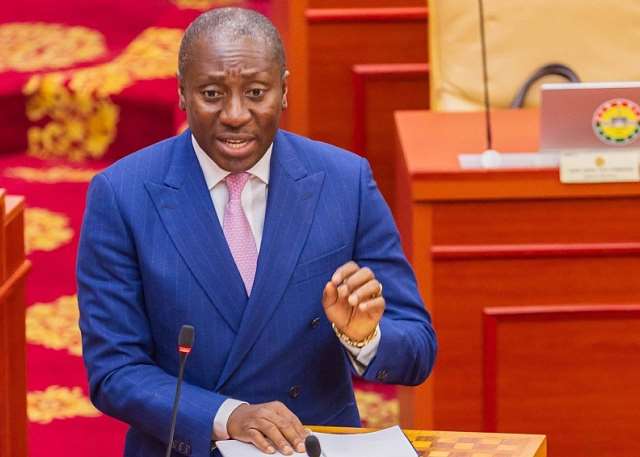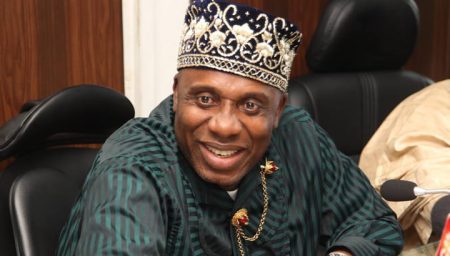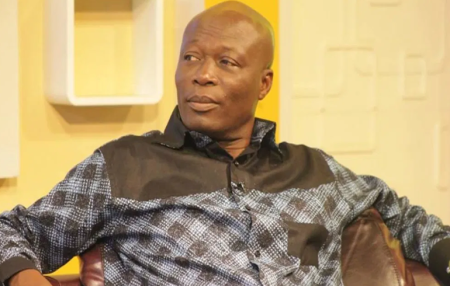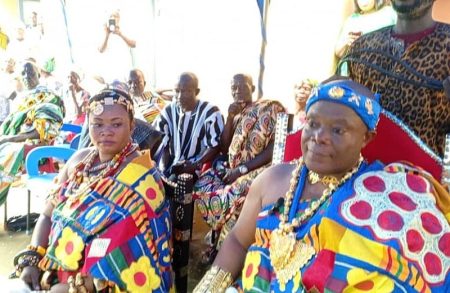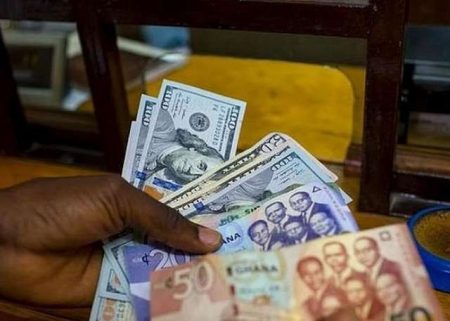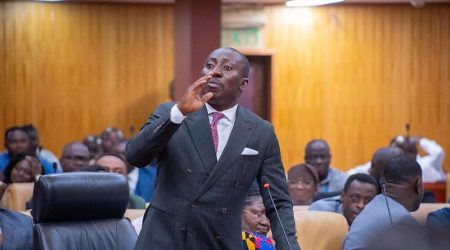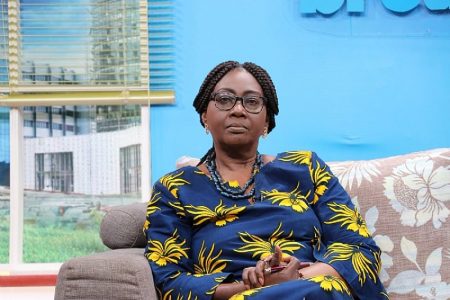The Ghanaian government’s recently launched 24-hour economy policy has ignited a heated debate, with the opposition vehemently criticizing the initiative as a mere public relations stunt devoid of practical value. The policy, formally unveiled on July 2nd, aims to bolster the nation’s economy by fostering continuous operations across various sectors, including healthcare, manufacturing, and retail. The government argues that this will create jobs, increase productivity, and promote inclusive growth. However, the Minority in Parliament, led by Alexander Afenyo-Markin, has dismissed the policy as unrealistic and ill-timed, particularly in light of recent tariff increases and the introduction of new levies, which they have dubbed the “Dumsor Levy.” They contend that the policy lacks the necessary structural framework to address Ghana’s current economic challenges and provides no tangible benefits to ordinary citizens struggling with rising costs.
Afenyo-Markin’s criticism centered on the perceived lack of parliamentary consultation prior to the policy’s launch, further fueling the opposition’s suspicion that the initiative is primarily a public relations maneuver designed to deflect attention from the government’s handling of the economic crisis. The Minority Leader argued that instead of addressing the root causes of the economic hardship, the government is attempting to create a facade of progress through a policy that is unlikely to yield significant results. He questioned the feasibility of implementing a 24-hour economy in a country grappling with existing infrastructural and logistical challenges, suggesting that the policy is a distraction from the government’s failure to manage the economy effectively.
In response to the criticism, Goosie Tanoh, Special Advisor to the President on the 24-Hour Economy, defended the policy, emphasizing its adaptability and responsiveness to feedback. He characterized the initiative as a “living programme” grounded in scientific principles and social democratic values, designed to evolve based on constructive criticism and changing circumstances. Tanoh highlighted the government’s willingness to engage in dialogue and incorporate suggestions for improvement, asserting that the policy’s long-term success hinges on its ability to adapt to national needs and public expectations. He stressed that the 24-hour economy is not a static concept but rather a dynamic framework that will be continuously refined to maximize its impact on Ghanaian society.
Tanoh’s defense of the policy underscores the government’s commitment to the 24-hour economy as a long-term strategy for economic transformation. He maintains that the initiative has the potential to revolutionize various sectors by optimizing infrastructure utilization, generating new employment opportunities, and enhancing Ghana’s economic resilience. The government envisions a scenario where round-the-clock operations become the norm, leading to increased productivity, improved service delivery, and sustained economic growth. However, the success of this vision remains contingent on addressing the concerns raised by the opposition and gaining public buy-in for the policy.
The clash between the government and the opposition highlights the deep divisions over the 24-hour economy policy and its potential impact on Ghana’s economic future. The Minority’s skepticism reflects broader public anxieties about the current economic climate and the government’s ability to deliver on its promises. While the government touts the policy as a game-changer, the opposition dismisses it as a superficial measure that fails to address the underlying economic challenges. This divergence in perspectives underscores the importance of ongoing dialogue and a transparent assessment of the policy’s implementation and outcomes.
Ultimately, the success of the 24-hour economy policy will depend on whether it can translate its ambitious goals into tangible improvements in the lives of ordinary Ghanaians. Addressing the concerns raised by the opposition, demonstrating clear benefits for businesses and consumers, and ensuring equitable distribution of the anticipated economic gains will be crucial for the policy’s long-term viability. The government’s ability to navigate these challenges and build consensus around its economic vision will determine the fate of the 24-hour economy and its contribution to Ghana’s economic development.





